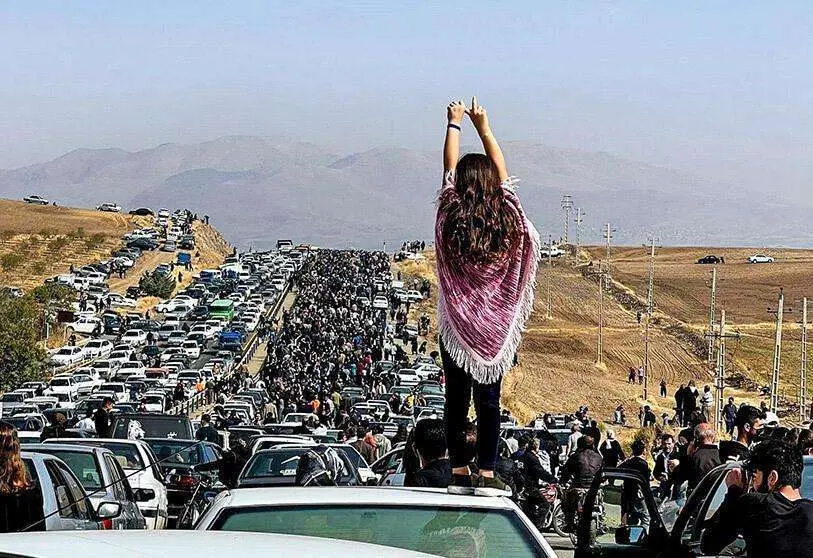EU sanctions Iranian Interior Minister over domestic repression

The European Union (EU) on Monday sanctioned Iran's Interior Minister Ahmad Vahidi, along with 28 other individuals and three entities it considers responsible for "serious human rights violations" in the country in connection with the protests sparked by the death of young Masha Amini.
EU Foreign Ministers formally approved the sanctions at a Council meeting in Brussels today and the decision was then published in the EU's Official Journal to allow them to enter into force.
This is the second sanctions list to be approved by the EU in connection with the death of Amini, who died in police custody after being arrested by the Morality Police for allegedly wearing the Islamic headscarf incorrectly.
The sanctions include a ban on entry to EU territory and a freeze on any assets such persons or entities may have in the EU. In today's decision, the EU argues that Vahidi, as Interior Minister, is also responsible for Iran's law enforcement agencies, which have engaged in "many cases of gross and serious human rights violations", as confirmed by the EU.
He referred in particular to "indiscriminate firing of live ammunition at peaceful demonstrators, including children" since the protests began in mid-September. He also noted that police forces have also arbitrarily detained numerous human rights defenders and journalists since the start of the demonstrations, and that Vahidi "has publicly advocated a heavy-handed approach to those involved in the demonstrations".
The other individuals blacklisted today include commanders or senior officers of the army, the Basij Resistance Force, the Islamic Republic of Iran Disciplinary Force, the Islamic Revolutionary Guards Corps or the Cyber Police. Also on the list are several members of the Morality Police unit that arrested Amini, whom they hold "responsible" for her death.
The entities on the list include the Basij Cooperative Foundation, an affiliate of the Basij Resistance Force; Arvan Cloud, an Iranian IT services company that supports government efforts to control access to the Iranian intranet; and Press TV, which is responsible for recording and broadcasting forced confessions of detainees.
These detainees include journalists, political activists and people belonging to Kurdish and Arab minorities, and their forced confessions violate internationally recognised rights to a fair trial, the EU argues.
The EU already approved a first round of sanctions in mid-October against eleven Iranian nationals, including the head of the Morality Police, Mohammad Rostami Cheshmeh Gachi, and four Iranian companies, which it considers to be involved in Amini's death.
The Iranian judicial authorities have already charged more than 2,000 people with various offences for participating in the demonstrations in favour of the end of the Islamic Republic, many of whom face the death penalty. The number of people killed by Iranian security forces in recent weeks stands at 326, including 43 minors, according to the latest toll from the Oslo-based NGO Iran Human Rights.
The EU today also imposed a second round of sanctions against Iran for military support to Russia, more specifically for supplying it with the kamikaze drones it uses to destroy civilian infrastructure in Ukraine. The first restrictive measures in this regard came on 20 October and today the EU decided to extend the blacklist by two individuals and two entities.










